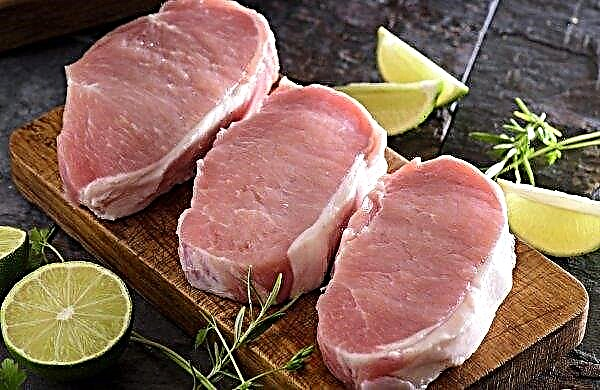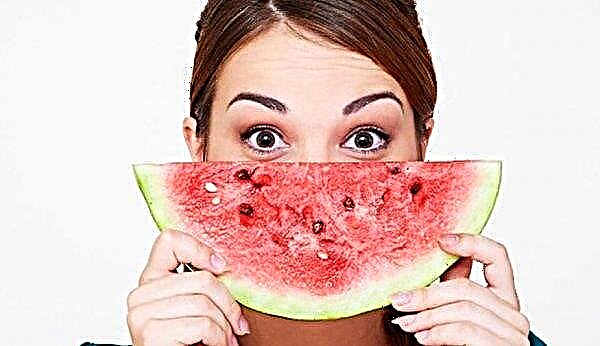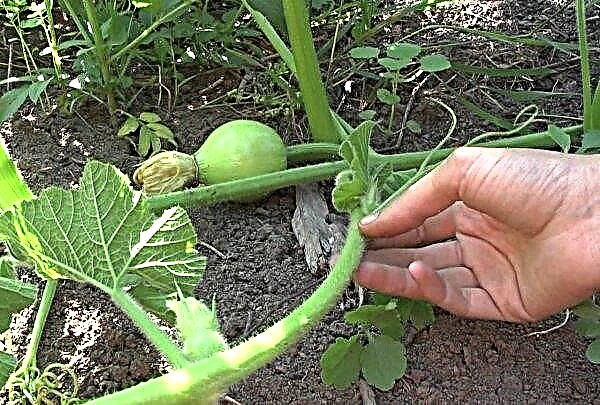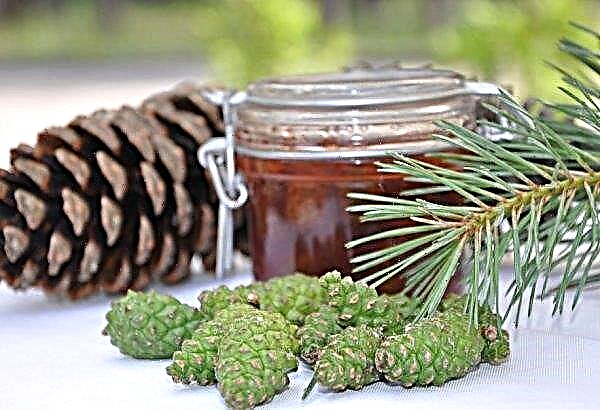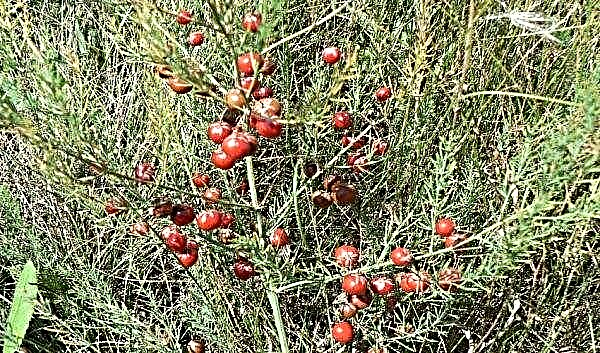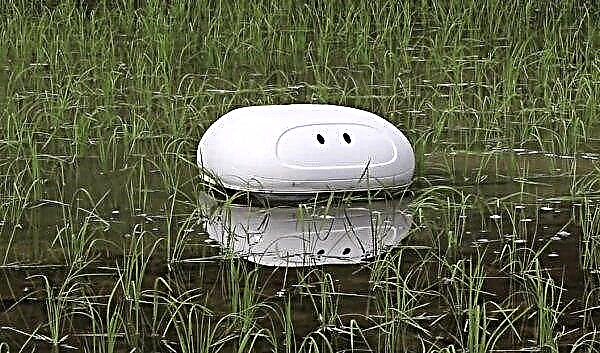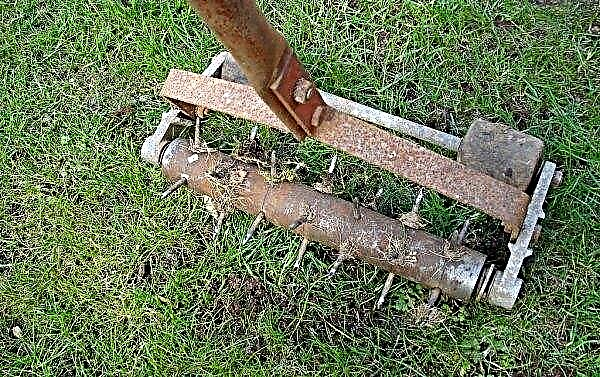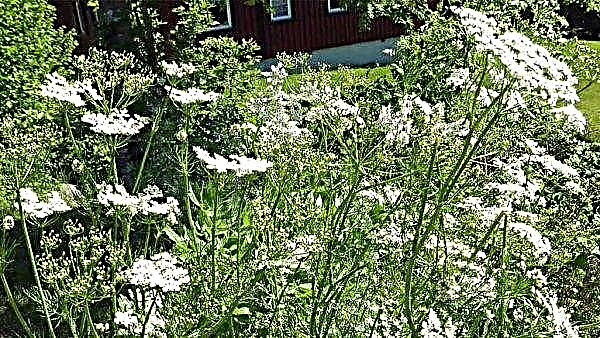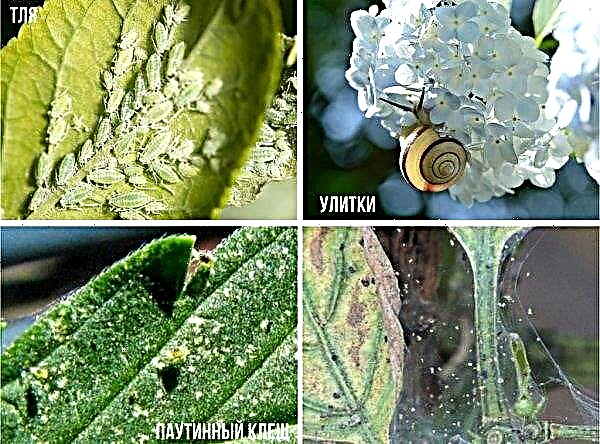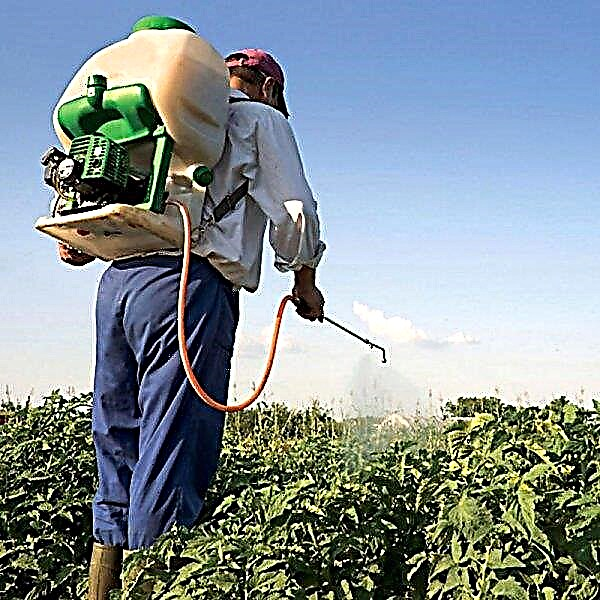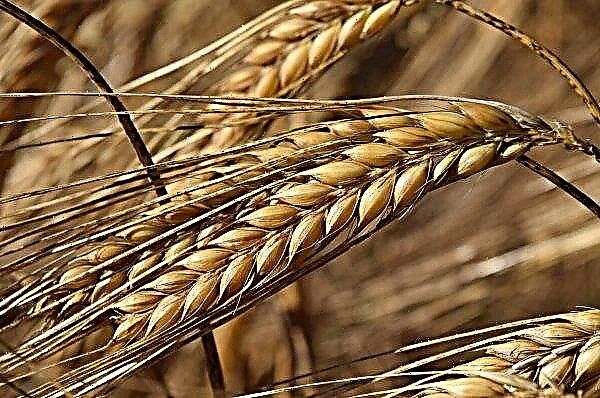People are often attacked by wasps, especially in late summer and early fall, because it is at this time that insects become the most aggressive. Pain, burning and swelling caused by hornet bites go away after a couple of days if there are no allergic reactions. The article provides recommendations for first aid: what to do if a wasp stings you, how to treat it and how to anoint the bite site, and in which cases the doctor should treat.
External description of the wasp
Every person encounters wasps constantly. They live next to us. Sometimes they cause trouble by attacking or building nests near a person’s dwelling. A small insect with a body 12–14 mm long can be easily identified by the striped yellow-black abdomen. The large eyes located on the sides of the head allow you to look simultaneously in different directions. The antennae on the head serve to recognize taste, are the organs of smell and touch. The jaws are adapted for grinding food and building nests and can cause painful bites in case of an external threat. A flexible and mobile body in the middle allows it to settle at an angle to the sting, while emitting a potent poison, the smell of which is reacted by individuals nearby and join the attack.
The antennae on the head serve to recognize taste, are the organs of smell and touch. The jaws are adapted for grinding food and building nests and can cause painful bites in case of an external threat. A flexible and mobile body in the middle allows it to settle at an angle to the sting, while emitting a potent poison, the smell of which is reacted by individuals nearby and join the attack.
The wasp sting is smooth and has no sharp chipping, unlike a bee sting, so a wasp can sting several times without leaving a sting in the victim's body. Families of wasps live in nests, the size of which varies from 10 cm to 1 m in diameter. In large nests, several thousand wasps can live. Often attacks of wasps pass for no apparent reason, but this is not so.
Did you know? Alcohol infusion from empty wasp nests helps with joint pain, arthritis, respiratory disease and pneumonia.
A person is not of interest to an insect until it provokes an attack in the following cases:
- it will be too close to the nest - wasps carefully guard their home and attack when threatened;
- disturb the wasp while feeding, trying to drive it away;
- wasps are attracted by the bright colors of clothes and the heavy smells of perfumes with floral aromas;
- sudden movements near the wasp can be perceived as a threat, and an attack will follow;
- the smell of sweat causes irritation in the wasps and, as a result, an attack;
- mechanical squeezing of a wasp if you sat down or stood on it or tried to kill;
- do not panic, but just step away carefully, without making sudden movements, to avoid an attack.
What is the danger of a bite?
Wasp venom consists of substances that together complement and reinforce each other, which makes joint exposure more dangerous than individually acting:
- contribute to irritation of nerve endings, which causes burning pain;
- cause an allergic reaction to poison;
- destroy the cell membrane and the walls of blood vessels.
 A healthy person is easier to tolerate an insect bite than a person prone to allergic reactions. But a healthy person will be in danger depending on the point of the body where the wasp stung. If an insect stings in the trunk, arm, leg, it will cause burning pain and inflammation of nearby tissues, but a bite in the head (cheek, nose, tongue, eyes) can lead to bronchospasm, suffocation, inflammation and swelling of the mucous membranes of the mouth and eyes due to a tumor. visual impairment.
A healthy person is easier to tolerate an insect bite than a person prone to allergic reactions. But a healthy person will be in danger depending on the point of the body where the wasp stung. If an insect stings in the trunk, arm, leg, it will cause burning pain and inflammation of nearby tissues, but a bite in the head (cheek, nose, tongue, eyes) can lead to bronchospasm, suffocation, inflammation and swelling of the mucous membranes of the mouth and eyes due to a tumor. visual impairment.The location of the bite site close to the brain also poses a threat due to the nerve-paralytic action of wasp venom. Multiple bites when attacking a swarm of insects pose a mortal threat, the strength of the poison increases many times, which can lead to death.
Important! The lethal dose of poison with general intoxication for an adult is 500 bites, an allergic person can die even with one.
First signs of a bite
To make sure that it was a wasp that stung, and not another stinging insect, you need to know the symptoms of a bite:
- redness, swelling and swelling of the tissues;
- irritation and itching at the bite point;
- burning throbbing pain (wasp venom is weaker than bee venom, but the pain is stronger);
- at the site of the bite, skin damage in the form of a red dot with a small indentation;
- lack of a sting.

It is necessary to call an ambulance or contact the hospital’s emergency room if after a bite your health worsens and the following symptoms appear:
- choking, hoarseness, cough;
- swelling of the larynx or eyes;
- loss of consciousness, impaired coordination and convulsions;
- heart rhythm disturbance, arrhythmia and pressure surges;
- narrowing of the pupil.
Important! Discovered hornet's nest withtry to remove as quickly as possible, but remember that at the end of summer insects become more aggressive.
First aid for a bite
Wasp venom is a serious danger, but in most cases it is possible to cope with the consequences on its own if you know how to remove the edema and which helps reduce pain:
- leave a dangerous place to avoid attack of other individuals;
- remove the sting if you slam the wasp and the sting remains in the body;
- To disinfect and neutralize the poison, wash and treat the wound with hydrogen peroxide or vinegar:
- cool the inflamed area with a cold compress or use ice;
- drink a few glasses of tea or water - a plentiful drink will provide a quick elimination of poison;
- take an antihistamine to avoid allergic reactions.

Drug use
The home medicine cabinet should have medicines and medications that will help with a wasp sting, and some are advisable to take with you for a picnic:
- Preparations for external use will help relieve and alleviate the external symptoms of the bite - these are ointments, sprays and gels - Fenistil-gel, Protolik, Panthenol, Psilo-Balsam, Diprosan; ointments “Rescuer”, “Sinaflan”, “Hydrocortisone”, “Betamethasone”.
- To anesthetize and prevent the development of allergies in combination with local drugs, antihistamines should be taken orally, which provide a competitive blockade of the body's histamine receptors - Suprastin, Zirtek, Tavegil, Supradin, Zodak, Erius, " Prednisolone "," Dexamethasone "," Claritin "or other means according to the instructions.
Important! You can’t take alcoholic beverages, since alcohol dilates blood vessels, enhances blood circulation, and as a result, poison spreads throughout the body, making the situation worse.
Folk first aid
You can reduce the pain after you have been bitten by wasps, you can use home methods or first aid:
- apply a wet piece of sugar or a wet Validol tablet to the wound;
- to inhibit the absorption of poison, make a soda compress (1 teaspoon per glass of water);
- acidic environment neutralizes the poison, so a compress from lemon juice, tomato, apple, vinegar, wet aspirin tablets will help;
- relieve itching and anesthetize aloe juice, parsley juice, plantain, raw potatoes or apples;
- cools skin and reduces burning sensation of calendula, chamomile and sage infusion;
- toothpaste with menthol will soothe and cool the skin;
- ice will help reduce pain and eliminate edema.

When you need an urgent visit to the doctor
In the absence of allergic reactions, pain and swelling will disappear in a couple of days, but if the following symptoms are observed, a visit to the doctor is urgently required:
- edema develops on too large an area;
- difficulty breathing and swallowing, and a lack of oxygen leads to interruptions in the work of the heart;
- redness of the skin, rash, and water bubbles throughout the body;
- heat;
- indigestion, nausea and vomiting;
- pains in the chest, abdomen, body aches;
- jumps and a sharp drop in pressure;
- dizziness, fainting, cramps.
Did you know? If the wasp is increased to the size of a tiger, then in nature there will be no more dangerous and bloodthirsty predator.
Do not postpone a visit to the doctor if:
- the wasp stung in the larynx, lip, tongue, because because of the beginning edema it will be impossible to drink water or take a pill;
- stung more than three wasps with subsequent intoxication of the whole organism;
- a young child was injured.

Prohibited Bite Actions
To avoid complications after a bite, victims need to learn the prohibited actions:
- squeeze and suck out poison from the wound - it will spread to nearby tissues, and wound infection is possible;
- cauterization and combing of the bite - infection and itching are possible;
- the use of alcoholic beverages - vascular permeability and accelerated blood circulation will increase edema and the spread of poison throughout the body;
- do not try to kill or scare off the insect - others will fly to the aid of the attacking individual.
Did you know? In Japan, the most poisonous wasps are found, reaching 5 cm in length with a sting of 5 mm. Nerve poison after a bite causes anaphylactic shock, even in a person who is not prone to allergies, and dissolves body tissue.
How to avoid wasp bites
You need to know that wasps do not show any interest in humans and never attack first for no apparent reason, and only sting in case of threat.
The following recommendations will help you avoid troubles from unexpected encounters with insects:
- stay away from insect habitats;
- foods and drinks should be examined before eating;
- do not go barefoot among fruit trees;
- when harvesting fruits, wear gloves and hats;
- wear long-sleeved clothing in nature, while avoiding bright colors;
- in the heat, you should abandon the perfume with a floral dense aroma;
- observe hygiene (the smell of sweat irritates insects);
- protect the windows in the apartment with mosquito nets;
- do not make sudden movements to drive away the insect;
- treat the skin with insect repellents;
- in nature, carefully inspect the picnic area.
By following these tips, you can easily avoid an attack without provoking an attack. Despite the harm caused by a wasp sting, experts have learned to benefit from insect venom. So, the poison of a Brazilian wasp helps fight malignant tumors of the gallbladder and prostate gland.
Research does not stand still, and perhaps soon there will be effective drugs based on insect venom for the successful treatment of diseases. When going out into the nature or doing household chores, do not forget about the proximity to insects such as wasps. If you do not provoke an insect and know the rules of assistance, then such a neighborhood will not bring any problems and troubles.

